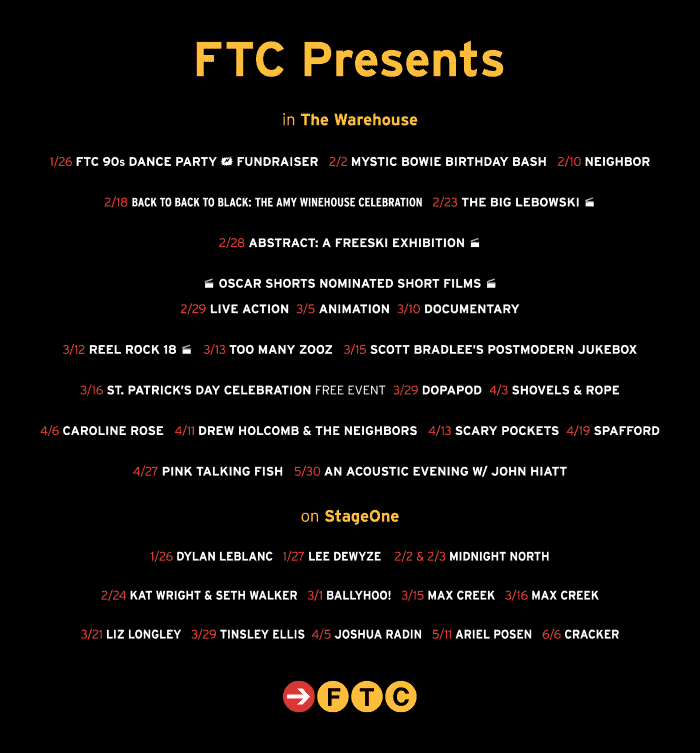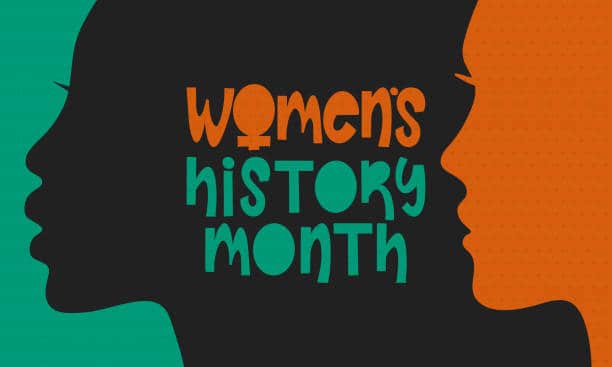From the Alzheimer’s Association
“I didn’t even know how to spell the word ‘Alzheimer’s,’ and I had to learn very quickly what it all entails.” said Eva Roszkowski, Community Engagement Manager for the Alzheimer’s Association Hudson Valley Chapter, whose father was diagnosed with early-onset Alzheimer’s disease at the age of 56, when she was in her early 20s.
“I found myself in the position of being a caregiver while also really having some fundamental misunderstandings about what the disease entailed,” she said. Since that time, Roszkowski began working for the Alzheimer’s Association Hudson Valley Chapter, where she educates
young caregivers and sheds light on the fact that for many millennials, caregiving for someone with dementia is a part of life.
She is also staff advisor to the Young Alzheimer’s Professionals Council, YPAC, an auxiliary board of the Alzheimer’s Association Hudson Valley Chapter that consists of millennials committed to creating a world without Alzheimer’s. The group hosts fundraisers and other events to engage Hudson Valley communities in the fight against dementia.
On Wednesday, May 12, at 6 p.m., YPAC will host a Rare Dementia Panel Discussion, which will explore the “dementia umbrella,” or the fact that dementia is an umbrella term covering several different illnesses, of which Alzheimer’s is only the most common form. The event will feature four guest speakers: Dr. Jason Cohen, an assistant professor of neurology at Montefiore Medical Center and Albert Einstein College of Medicine; Norma Loeb, a former caregiver and founder of the Lewy Body Dementia Resource Center; Corey Esannason, an ambassador with the Association for Frontotemporal Degeneration and yoga educator whose mother was diagnosed with FTD in 2011; and
Erica Steiner, a caregiver for her mother with early-onset Alzheimer’s disease who chronicles her experience online. They will discuss the lesser-known forms of dementia and the misinformation surrounding them before taking participants’ questions in a Q&A session.
“Misinformation is rampant,” Cohen said. “When people don’t feel like they have other options, it’s easy to latch onto something.” Loeb explained that more often than not, people showing signs of dementia are misdiagnosed. This can be due to misinformation or lack of information about rare dementias, she said. Her own mother was diagnosed with Lewy body dementia in 2001, and she said it took 3.5 years to get an accurate diagnosis.
Cohen noted an accurate diagnosis is essential in creating an accurate treatment plan. “We can use what we know to make better decisions,” he said. Cohen added that the challenge is so great that even people with ample resources, such as actor Robin Williams, may be
misdiagnosed.
“Robin Williams died essentially from dementia with Lewy bodies. He didn’t have the diagnosis until pretty late on, and this is not someone who didn’t have access to doctors and all sorts of resources. If [he] had known about it, maybe he would have gotten better treatment and still be here,” Cohen said.
Roszkowski said the event will be a great opportunity for anyone who has noticed cognitive or behavioral changes in their loved ones to become better informed. “The Rare Dementia Panel Discussion will be a really good time for people of all ages to hear about the other possibilities,” Roszkowski said, adding she hopes the discussion will combat widespread misinformation by “opening people’s minds and encouraging them to get even more educated on this topic.”
Loeb said she hopes the event will prove helpful to attendees on multiple levels. “By participating in the Rare Dementia Panel Discussion, I
hope to bring awareness to the disease and provide people with an outlet for support so they know there is a place they can go to for help,” she said.
To register for this free, virtual discussion, click here or call 800-272-3900.
About the Hudson Valley Chapter
The Hudson Valley Chapter serves families living with dementia in seven counties in New York, including Duchess, Orange, Putnam, Rockland, Sullivan, Ulster and Westchester. To learn more about the programs and services offered locally, visit alz.org/hudsonvalley.
The Alzheimer’s Association leads the way to end Alzheimer’s and all other dementia—by accelerating global research, driving risk reduction and early detection, and maximizing quality care and support. Its vision is a world without Alzheimer’s and all dementia.
Visit alz.org. (Submitted)









